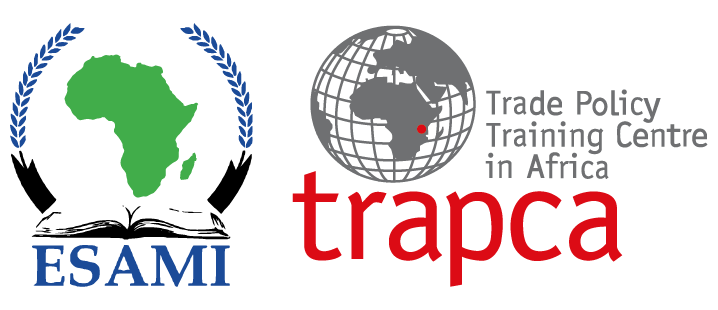Statement of need
The role of African parliamentarians in international economic law-making is largely residual in nature. In most countries and regions, the role of the parliamentarian is only recognized at the latter end of trade negotiations when there is almost no scope review or change deal negotiated by the executive. Furthermore, the structure of most parliaments is designed to largely follow domestic economic issues with little attention paid to economic integration developments in the African continent and at the global level. However, it is trite that trade and trade policy creates winners and losers at least in a relative sense. There is therefore an urgent need for parliaments to get engaged in the developments that ultimately shape the future of the African continent and that of their countries and regions. This is important given that the clashing twin objectives protecting national policy-making space versus the need to consolidate individual country-based markets into regional and continental markets to be competitive in global markets are always on the table. Consequently, the ongoing negotiations at the AU on AfCFTA serve as an example of a prime area in which these two objectives are at play. This calls for the active participation of parliamentarians intending to not only shape the economic future of their countries but also that of the African continent.
Expected training outcomes
Content
Target group
Officials from Trade and Trade Related Ministries and parastatals, officials from Regional Economic Communities, Negotiators, and Regional Integration Practitioners. Private sector player in transport and logistics
Duration
2 Weeks
Venue and Dates
Venue: Kampala, Uganda
Date: 5 – 16 August 2024
Course Fees
$1,600
